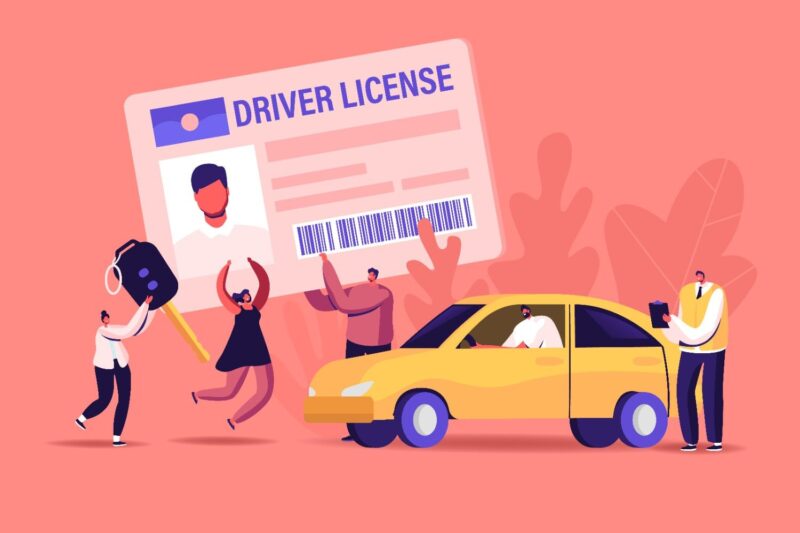Ration cards are important government-issued documents that allow households to access subsidized food grains and essential commodities under the National Food Security Act (NFSA). Different types of ration cards are issued depending on income level, family size, and eligibility criteria. Understanding these categories — APL, BPL, AAY, and NPHH — helps families know their entitlements and benefits.
What Are the Types of Ration Card?
The types of ration cards issued in India serve different income groups. They help ensure food security by distributing grains at subsidized prices through the Public Distribution System (PDS).
Here is a quick classification:
| Ration Card Type | Full Form | Eligible Families | Benefits |
| APL | Above Poverty Line | Families with income above the poverty line | Limited subsidy, or in some states, no subsidy |
| BPL | Below Poverty Line | Families with income below the poverty line | Subsidized food grains at lower prices |
| AAY | Antyodaya Anna Yojana | Poorest of the poor households | Maximum subsidy, rice and wheat at a very low cost |
| NPHH | Non-Priority Household | Families not covered under the priority category | Some benefits vary by state |
APL Ration Card Explained
The APL ration card is given to households whose income is above the poverty line. While these families are not eligible for heavy subsidies, they may still access food grains through state-specific schemes.
Example:
A salaried family earning above the poverty threshold may be issued an APL ration card to access limited wheat and rice entitlements.
BPL Ration Card Explained
The BPL ration card is issued to families living below the poverty line. These families receive higher subsidies compared to APL.
Key Features of BPL Ration Card:
- Ensures food grains at lower rates
- Helps in availing additional welfare schemes
- Covers families struggling with low income
Example:
A household earning less than the official poverty line benchmark gets a BPL ration card and receives food grains at subsidized rates every month.
AAY Ration Card Explained
The AAY ration card stands for Antyodaya Anna Yojana and is targeted at the poorest of the poor.
Benefits of the AAY ration card:
- Wheat at around ₹2/kg
- Rice at around ₹3/kg
- Higher monthly quota than APL and BPL
Example:
A daily wage laborer’s family with no steady income can apply for an AAY ration card for maximum support under NFSA.
NPHH Ration Card Explained
The NPHH ration card (Non-Priority Household) is provided to families who do not fall under APL, BPL, or AAY classifications but still require ration card benefits. Their entitlements may vary from state to state.
Example:
An urban household with moderate income that does not qualify as a priority under NFSA may be given an NPHH ration card.
State-Wise Application Links for Ration Cards
To apply online for any of the types of ration card, visit your state’s official portal. A complete state-wise list is available on the NFSA official website.
Some popular links:
Always use official government websites to apply.
FAQs on Types of Ration Card
1. Why are there different types of ration cards in India?
Different ration card categories exist to ensure subsidies reach households based on income levels and poverty status.
2. How to check eligibility for APL, BPL, AAY, and NPHH ration cards?
Eligibility is decided by state governments based on income, family size, and socio-economic status. You can check through your state food and civil supplies portal.
3. How long does it take to get a new ration card after applying online?
It usually takes 2–4 weeks, depending on document verification and the state’s processing time.
4. What documents are needed to apply for any type of ration card?
You need an Aadhaar card, proof of residence, an income certificate, and family details while applying online.
5. How to apply for a ration card online?
Visit your state’s official portal or NFSA website, register, upload documents, and submit your application online.
Conclusion
Understanding the types of ration card — APL, BPL, AAY, and NPHH — is essential to know what benefits your family can receive under the NFSA. Each category is designed for different sections of society, from families above the poverty line to the poorest of the poor. To ensure smooth processing, always apply through official state portals and keep your documents ready.


